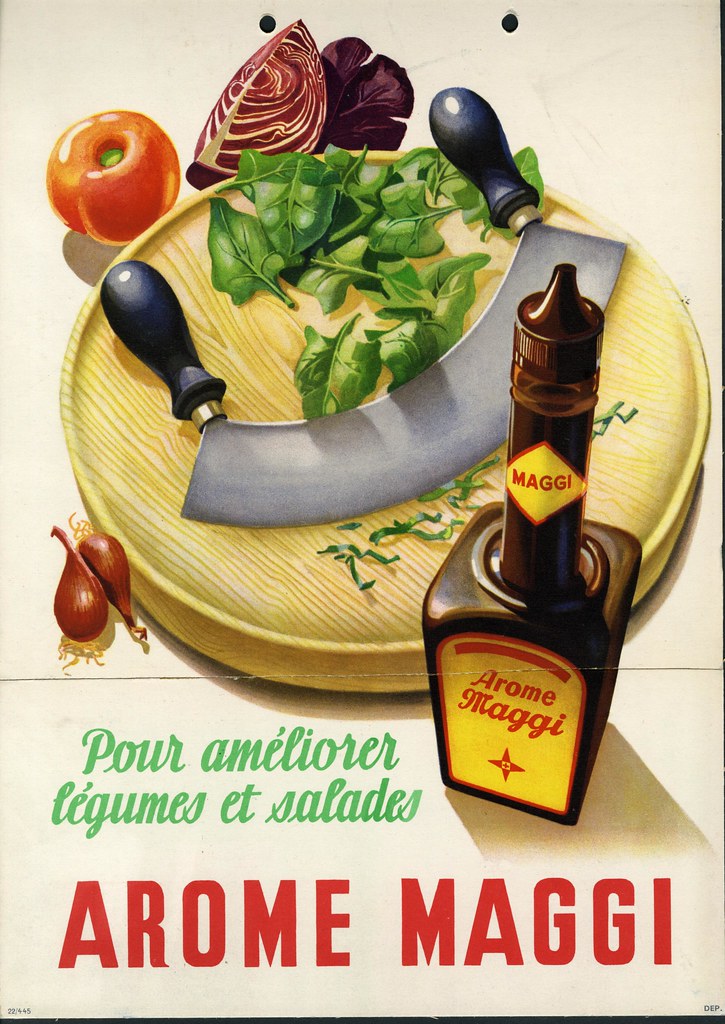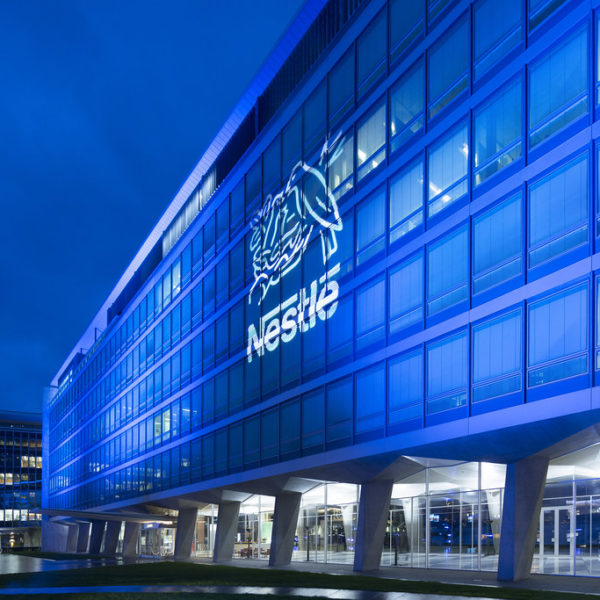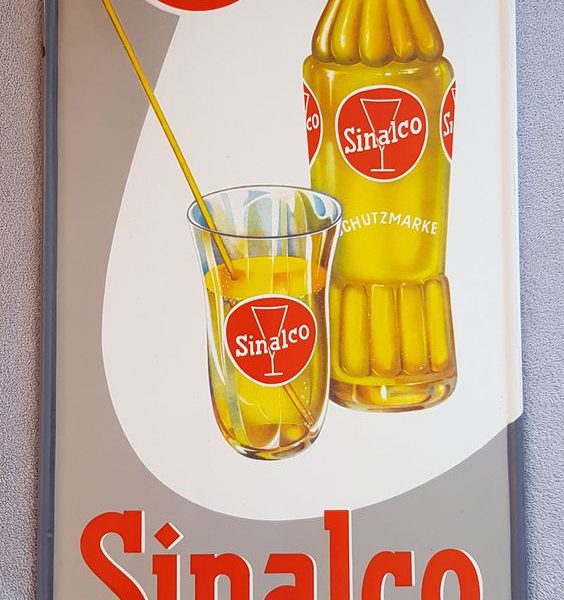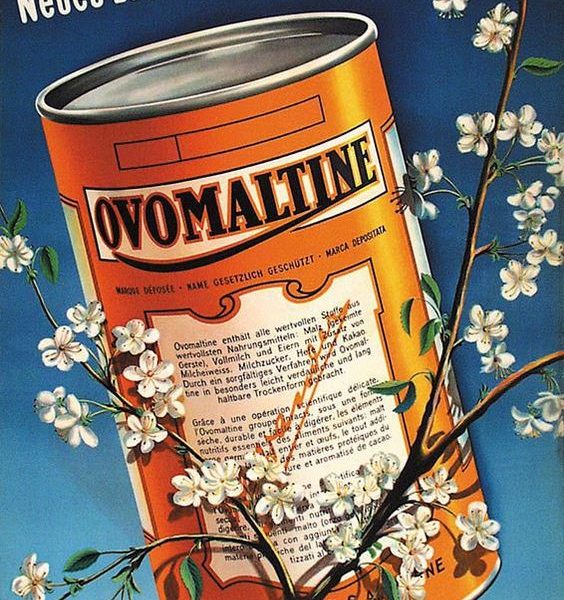Maggi: A Culinary Staple with Global Appeal
Maggi, a brand synonymous with quick, easy, and flavorful meals, has a rich history and a significant impact on the global culinary landscape. In this article, we explore the origins, values, product range, and global popularity of Maggi, a brand that has become a household name in many countries.
History and Origins
The story of Maggi begins in Switzerland in the late 19th century. Founded by Swiss entrepreneur Julius Maggi in 1884, the brand’s inception was driven by a vision to make nutritious and tasty food accessible to busy, working families.
Maggi’s journey started with a focus on plant-based, protein-rich ready meals and instant soups, reflecting Julius Maggi’s desire to improve the nutritional intake of working families. Since its acquisition by Nestlé in 1947, Maggi has continued to uphold its founding principles, bringing quality, affordable meals to people globally.
Brand Values and Significance
Maggi’s ethos revolves around helping cooks prepare fresh and delicious meals every day. By offering a range of products that enhance the flavor of everyday favorites, Maggi aims to bring out the best in fresh ingredients, delivering great taste in a simple way.
Committed to sustainability and nutrition, Maggi emphasizes the use of fresh ingredients, responsible sourcing, and reducing environmental impact. Their initiatives like ‘My Menu IQ’ and ‘My Menu Planner’ tools assist cooks in making sustainable and nutritious choices.
Product Range and Popularity
Maggi’s product lineup includes instant noodles, stocks, ketchup, and instant soups, with each product tailored to meet regional tastes and preferences.
Their instant noodles category, for instance, boasts a vast variety including vegetable multigrain, chicken, and oats noodles, among others. Maggi noodles have been particularly popular in India since their introduction in 1983, capturing the essence of convenience and taste in the Indian fast-food sector.
Global Impact and Marketing
Maggi’s marketing strategies have played a crucial role in establishing its global presence. The brand has effectively used various sales strategies, promotional campaigns, and celebrity endorsements to connect with its audience. For example, in India, Maggi used the “Miss You Maggi” campaign to reconnect with consumers following a temporary ban.
Source : Pinterest
Conclusion
| Element | Description |
|---|---|
| Name | Maggi is a brand of seasonings, sauces, and other food products that is owned by Nestlé. |
| Founder | Julius Maggi, a Swiss chemist and engineer. |
| Founded | 1886 |
| Headquarters | Vevey, Switzerland |
| Acquisition | Nestlé acquired Maggi in 1947. |
| Products | Bouillon cubes, soups, sauces, seasonings, and noodles. |
| Flavor | Unique flavor created from a blend of herbs, spices, and other ingredients. |
| Popularity | Maggi is a popular brand in over 100 countries. |
| Leadership | Maggi is the world’s leading brand of bouillon cubes. |
In conclusion, Maggi represents more than just a food brand; it embodies a legacy of nourishment, innovation, and culinary joy. Its journey from a small Swiss venture to a global phenomenon showcases the enduring appeal of simplicity, taste, and nutrition. As Maggi continues to adapt and evolve, it remains a cherished part of meals across the world, embodying the spirit of quick, delicious, and accessible food for everyone.
Maggi
PROS
- Rich and Umami Flavor: Maggi is known for its rich and umami flavor, which is created from a combination of herbs, spices, and other ingredients. This umami-rich flavor profile enhances the taste of various dishes, making it a popular choice for adding depth and complexity to meals.
- Convenience: Maggi products are generally easy to use, especially their bouillon cubes, sauces, and seasonings. The pre-packaged and concentrated nature of these products simplifies the cooking process, making them convenient options for busy individuals or those with limited cooking expertise.
- Nutrition: While not a complete meal replacement, Maggi products often contain essential nutrients like proteins, carbohydrates, and vitamins. Some varieties, such as soups and noodles, can provide a decent source of these nutrients, particularly for those seeking quick and easy meal options.
- Variety: Maggi offers a diverse range of products, catering to various dietary needs and preferences. From bouillon cubes and soups to sauces, seasonings, and noodles, Maggi provides a wide selection of options to suit different tastes and cooking styles.
- Affordability: Maggi products are generally considered affordable, making them accessible to a broad consumer base. Their relatively inexpensive price point allows individuals to incorporate Maggi into their diets without breaking the bank.
CONS
- High Sodium Content: Many Maggi products, particularly bouillon cubes and seasonings, are relatively high in sodium. Excessive sodium intake can contribute to health issues like high blood pressure and heart disease.
- High Preservative Content: To extend their shelf life, Maggi products often contain preservatives. While these preservatives are generally safe in moderate amounts, their excessive consumption can raise concerns about long-term health implications.
- High Monosodium Glutamate Content (MSG): MSG, an umami-enhancing agent, is a common ingredient in Maggi products. While MSG is generally safe for most individuals, some may experience sensitivity or adverse reactions.
- Potential for Addiction: The combination of convenience, umami flavor, and affordable pricing could lead to overconsumption, potentially developing a psychological dependence on Maggi products.

















